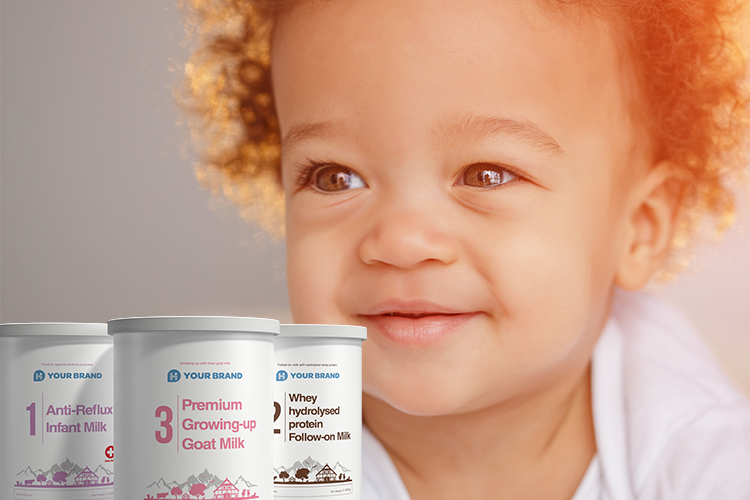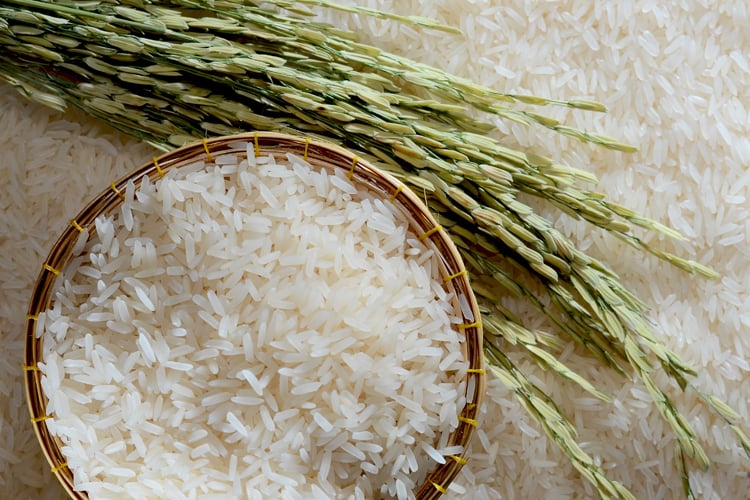
Prebiotics are indigestible food ingredients and the preferred nutrition of the micro-organisms that promote health. Prebiotics selectively promote the growth, but also the activity of one or more bacteria in the colon, and so have positive effect on our health. This effect is known as the “bidifus factor”. Prebiotics can be of vegetable origin, such as inulin and oligofructose, or can derived from milk, such as galactooligosaccharides.
Probiotics are living micro-organisms that are active in sufficient numbers in the colon and have a positive effect on our health. The special feature of probiotics is that they survive attacks from gastric and bile acids and so reach the colon safely. Probiotic bacteria mainly belong to the Lactobacillus and Bifidobacterium genera.
Source: Gibson GR & Roberfroid MB (1995). Dietary modulation of the human colonic micro-biota: Introducing the concept of prebiotics, Journal of Nutrition, Vol. 125, No. 6, 1401–1412
Further information
- Article "Prebiotics in infant formula"
- Overview "Good and bad bacteria"
- Overview "Interesting facts about our bacteria zoo"










Leave a comment